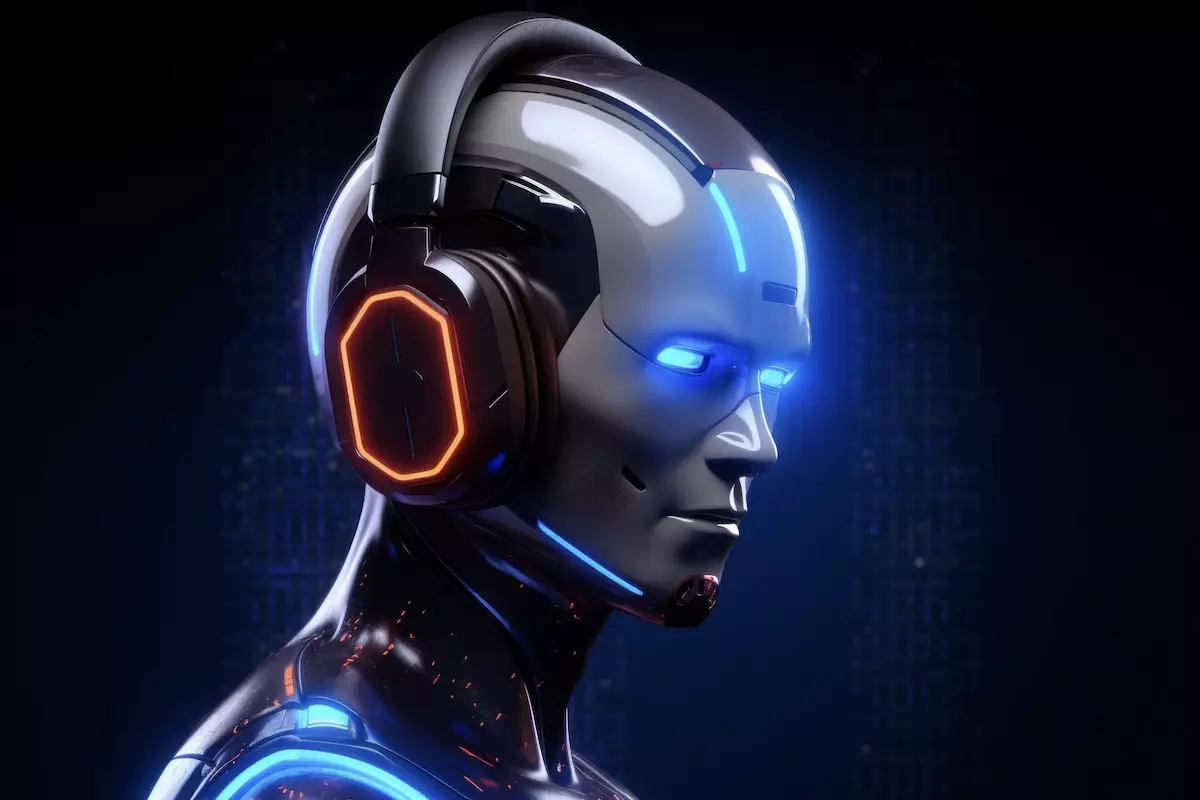As gaming technology continues to advance, the dynamics of player engagement and ownership are undergoing a profound transformation. Major gaming corporations have historically dictated how players access and experience games, often prioritizing profit margins through monetization strategies like microtransactions and pay-to-win models. These practices can detract from the enjoyment of gaming, making it feel more like a financial investment than a leisure activity. However, the rise of concepts related to Web3 and artificial intelligence (AI) is challenging these outdated paradigms, presenting novel opportunities for gamers and developers alike.
At its core, Web3 introduces a decentralized framework for digital interactions, providing players with genuine ownership of their in-game assets. Unlike traditional games, where items remain tied to company-controlled servers and vanish if a game ceases operation, Web3 employs blockchain technology to secure ownership of digital goods. Imagine possessing a legendary sword or a unique character skin that you can trade, sell, or use in different compatible games. This empowerment not only enhances the gaming experience but also offers tangible real-world value to in-game items, likening the phenomenon to traditional collecting but in a digital landscape.
In conjunction with the principles of Web3, artificial intelligence is beginning to reshape the landscape of interactive entertainment. Gone are the days of standardized gameplay that fails to consider individual player preferences. AI-driven gaming experiences are on the horizon, with algorithms that adapt the gaming environment based on the player’s style. For instance, if you prefer stealth tactics, AI could craft missions that emphasize strategy and evasion rather than direct confrontation. This personalization can dramatically enhance player engagement, allowing each session to feel unique and relevant. Games like AI Arena and ChibiClash epitomize this innovation, where characters learn from player actions, evolving in complexity and responsiveness.
Creating high-quality games demands substantial time and talent, often involving large teams and extensive resources. However, the rise of generative AI stands to revolutionize the game development process, facilitating the rapid generation of assets and content. Developers can leverage AI tools to streamline the creation of characters, environments, and even intricate levels, allowing for a sharper focus on narrative design and player engagement. For smaller teams, this could mean realizing ambitious projects that were previously deemed unfeasible due to resource constraints.
Planet Mojo exemplifies this trend with its integration of AI and Web3 technologies. The Mojo AI Platform, for instance, merges smart AI interactions with blockchain mechanisms, enhancing player experiences. An AI-driven character like EMMA provides assistance within the game, showcasing the potential for engaging, intelligent NPCs that foster community interaction.
Beyond mechanics and ownership, AI has the potential to redefine storytelling within games. Instead of linear narratives, AI enables adaptive storylines that unfold uniquely based on player choices. This allows for a dynamic narrative that reflects the individual player’s journey, offering quests aligned with their gameplay ethos. If a player consistently chooses altruistic actions, the game may introduce further challenges that reflect their commitment to heroism. This personalization not only deepens immersion but cultivates a narrative experience that feels collaboratively constructed between the player and the game itself.
Despite the remarkable potential of Web3 and AI, several challenges remain. The introduction of AI-generated content raises questions of ownership and intellectual property. Who retains rights to AI-created assets? Furthermore, the risk of maliciously crafted in-game content demands vigilant oversight. Developers must establish ethical guidelines to govern AI interactions within gaming frameworks, ensuring fairness and protection for all participants. Community vigilance is also essential; players should actively report misconduct and engage in maintaining a respectful gaming environment.
We stand at the brink of a new era in gaming, where more players are beginning to explore the profound shifts brought about by Web3 and AI. Digital wallets may soon become the norm for managing in-game assets across various titles, while AI companions could provide personalized insights and suggestions based on a player’s history and preferences. As these innovations continue to gain traction, they promise a more enriched, player-focused ecosystem that values creativity and individuality. With blockchain ensuring authenticity and AI enriching the gaming experience, the future holds exciting prospects for both enthusiasts and creators in this evolving landscape.

